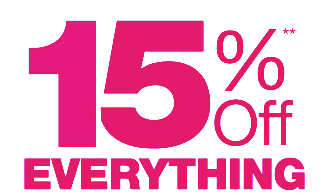Does Quick Shopping Cart help detect fraudulent orders?
Several features of Quick Shopping Cart® help online merchants detect and act on fraudulent orders, including:
- Address Verification
- All credit card payments include Address Verification Service (AVS), which helps merchants who accept online transactions reduce the risk of fraudulent transactions by matching the cardholder's billing address with the billing address entered by the shopper in Quick Shopping Cart. If the addresses match, AVS verification passes.
- Card Verification
- The CVV number is the 3-4 digit verification number located on the back of your credit card. This number is not generally available to thieves who steal credit card numbers because they don’t have the actual credit cards. CVV Verification matches the number on file for the card with the number entered by the shopper in Quick Shopping Cart. If the numbers match, CVV verification passes.
- Fraud Rules
- The Fraud Rules in Quick Shopping Cart allow you to apply common rules to orders and automatically check orders as they come in. Orders are marked as potentially fraudulent if they break any of the applied rules, allowing you to review potentially fraudulent orders and decide whether to complete or cancel the order.
- Conditional Availability of Downloadable Products
- You can specify if you want downloadable products to be available to customers as soon as they place a credit card order, or not until after you have verified the order and processed payment.
Note: AVS and CVV are only available to merchants who set up Quick Shopping Cart to integrate with their merchant account via a payment gateway. For more information, see Why can't I capture the CVV code for credit cards for Point of Sale transactions?.





